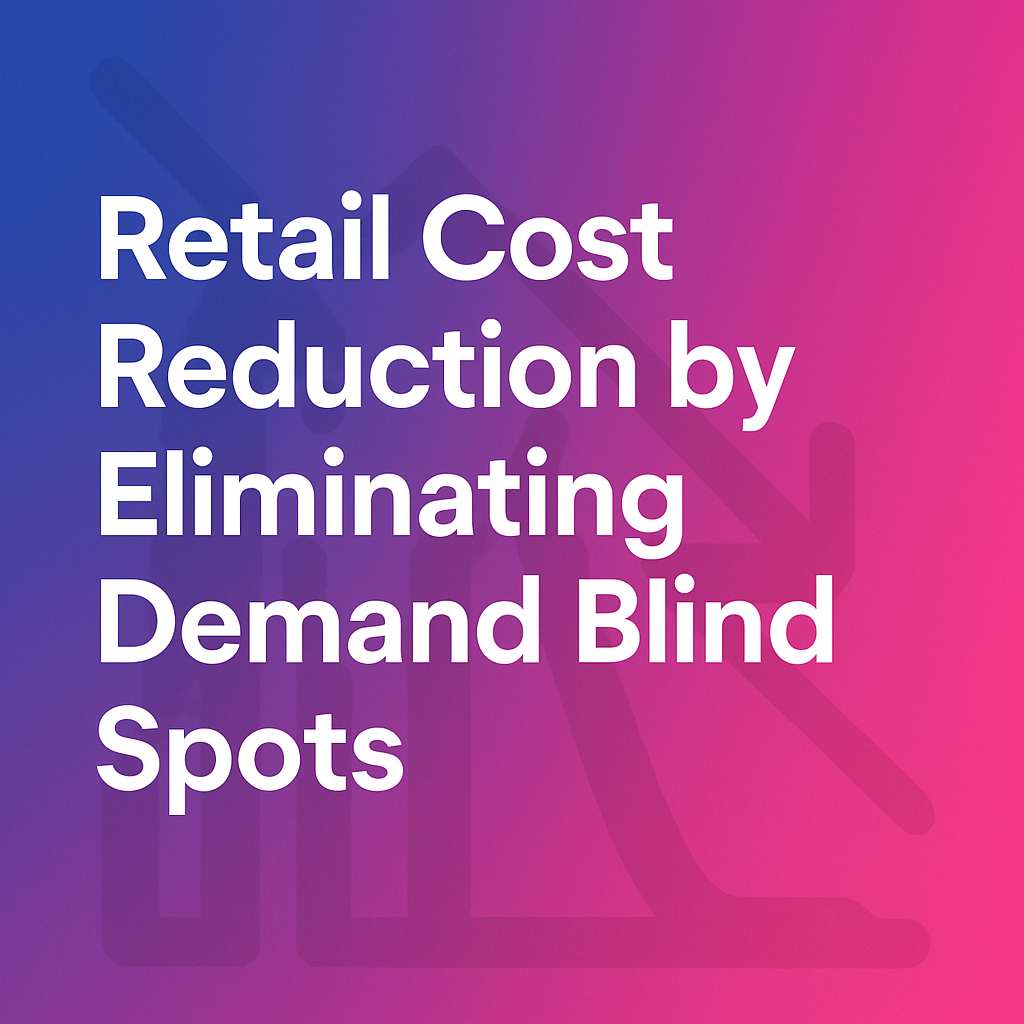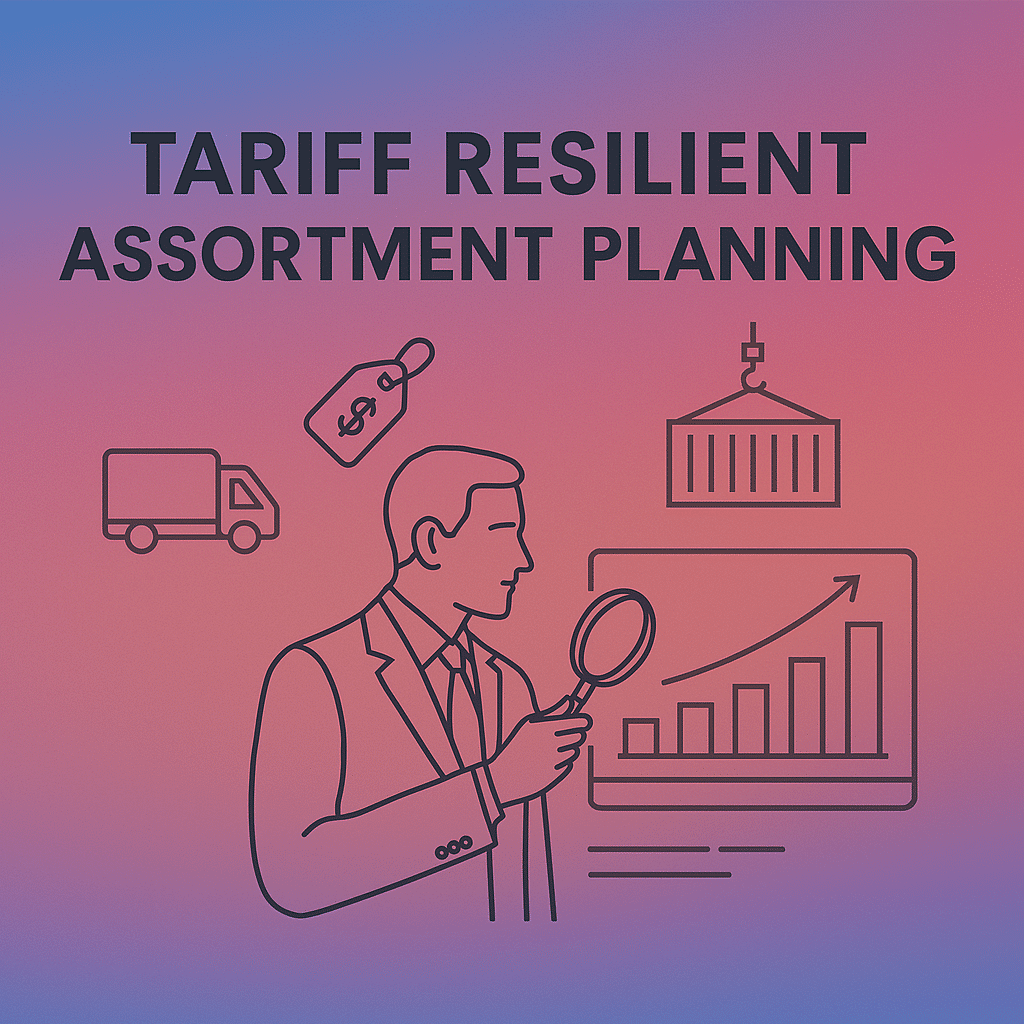The Mindset To Navigate Fashion Business Through COVID Waves

These are uncertain times. COVID is coming in waves across the world. This edit is about the mindset that helps to navigate the fashion business through COVID waves. In general, managing the retail business through uncertain times.
The Soldier Vs Scout Mindset
We say when we are objective, it need not be real objective reasoning. It can be motivated reasoning governed by our beliefs. Our beliefs come in way of what is real and what we want to see. To quote Julia Galef, New York-based co-founder of Center For Applied Rationality,
The soldier mindset leads us to defend our beliefs against outside threats, seek out evidence to support our beliefs, ignore or rationalize away counter-evidence and resist admitting we’re wrong—as that feels like defeat. The scout mindset, by contrast, seeks to discover what is true through evidence, and reasons toward conclusions that lead to a more accurate map of reality—“the motivation to see things as they are,” “not as you wish they were.”
Julia Galef
Directionally Motivated Reasoning Vs Accuracy Motivated Reasoning
Navigating and thriving in the fashion business through COVID waves needs accuracy-motivated reasoning.
Directionally motivated reasoning is like being a soldier fighting off threatening objections. Whereas accuracy-motivated reasoning is like being a scout forming a map of the landscape. The kind of questions a scout asks are,
a) What is beyond that next hill?
b) Is there a bridge over the river or my eyes deceiving me?
c) Where are the dangers, the shortcuts, the opportunities?
d) What areas do I need more information about?
e) How reliable is my intelligence?
The scout is wanting the map to be as accurate as possible.
In the scout mindset, there is no such thing as a “threat” to your beliefs. If you find out you were wrong about something, great that can improve your map and that can only help you.
In the uncertain trade scenario we live in these days, it is imperative to have a scout cap in navigating the fashion business through COVID waves. We touched a bit about this in our earlier edit on super fashion forecasting. You can read the full article here.
Ways To Build Accuracy Motivated Reasoning
There are five signs of a scout mindset as per Julia.
- Do you tell other people when you realise they were right?
- How do you react to personal criticism?
- Do you ever prove yourself wrong?
- Do you take precautions to avoid fooling yourself?
- Do you have any good critics and reward them?
We all have our own biases which come in way of understanding what is true. Here are some tools to check ourselves on biases.
Five Tools To Being A Scout
It is important for anyone in a brand or retailer to have these mental tools handy. This will enable managing the fashion business through uncertain times.
- Double Standard Test: Ask yourself when you are making a decision “can you honestly said when the situation is reversed, you would not be doing the exact same thing?”. It can be a view saying “digital business is still small enough to have so much attention” or “digital intelligence not relevant for my offline business”. It will be good to put yourself in someone doing the digital business well or someone using intelligence to make informed decisions and view the beliefs from there.
- The Outsider Test: Intel founders asked this question seeing Japanese competition, what if we are fired tomorrow and a new CEO comes in, what will he/she do? This led them to move from the memory business to the microprocessor and the rest is history.
- The Conformity Test: Sometimes we hold a view because we follow someone else or another brand. The way to test the truth is, imagine that person/brand told me that they no longer held that view, will I still hold it? Would I feel comfortable defending that person or brand?
- The Selective Skeptic Test: When we see evidence supporting our beliefs, we find it comfortable. One way to test this is to ask what if the evidence was another way around? how would we handle it? This provides an opportunity to be skeptical of even favorable evidence and find the truth.
- The Status Quo Bias Test: If you are evaluating a job opportunity in silicon valley and you want to stay in your hometown with friends. You can do this thought experiment “Suppose I was already living in SFO, working at an exciting and well-paying job. Would I be tempted to quit and move back to be closer to my college friends?”. This is a good test for any change of process, tools, etc. Let the status quo not bias the adoption of new and better options.
Enabling Scout Mindset
Fashion forecasting, Trend forecasting have been based on supply signals on what we see and what is out there. The supply signals in fashion are more than 50% incorrect with respect to consumer demand. We needed a paradigm shift in thinking.
We asked a fundamental question that challenged the status quo of all the tools, the industry is using to make product decisions. That resulted in one of its kind Demand Science® powering C.IT.
We also questioned quantitative demand planning across the value chain from pre-season and in-season. That resulted in a True Demand engine with a unique consumer taste model predicting demand of products using the constraint of an assortment with world-leading accuracy, powering APOLLO & Store.Y
We at Stylumia continuously challenge ourselves on our own beliefs with evidence and keep taking course corrections.
In Conclusion,
In uncertain times, the scout mindset helps us stay true to reality and take relevant actions.
It is not about achieving a 100% scout mindset. It is about being conscious and stay closer to the scout mindset and keep updating.



